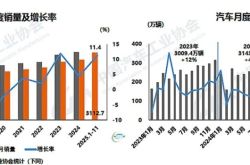iPhone 16 may face significant order cuts! Falling behind the wave of AI-powered mobile phones has become a fatal problem
![]() 10/08 2024
10/08 2024
![]() 606
606
AI has become a fatal weakness for Apple.
Is the iPhone 16 really struggling to sell?
Recently, Barclays analysts Tim Long and George Wang pointed out in their report that their investigation into the iPhone 16 series supply chain revealed that due to lower-than-expected demand, Apple may cut production of the iPhone 16 series in the fourth quarter. Component procurement data indicates that orders for the iPhone 16 series have been reduced by approximately 3 million units.
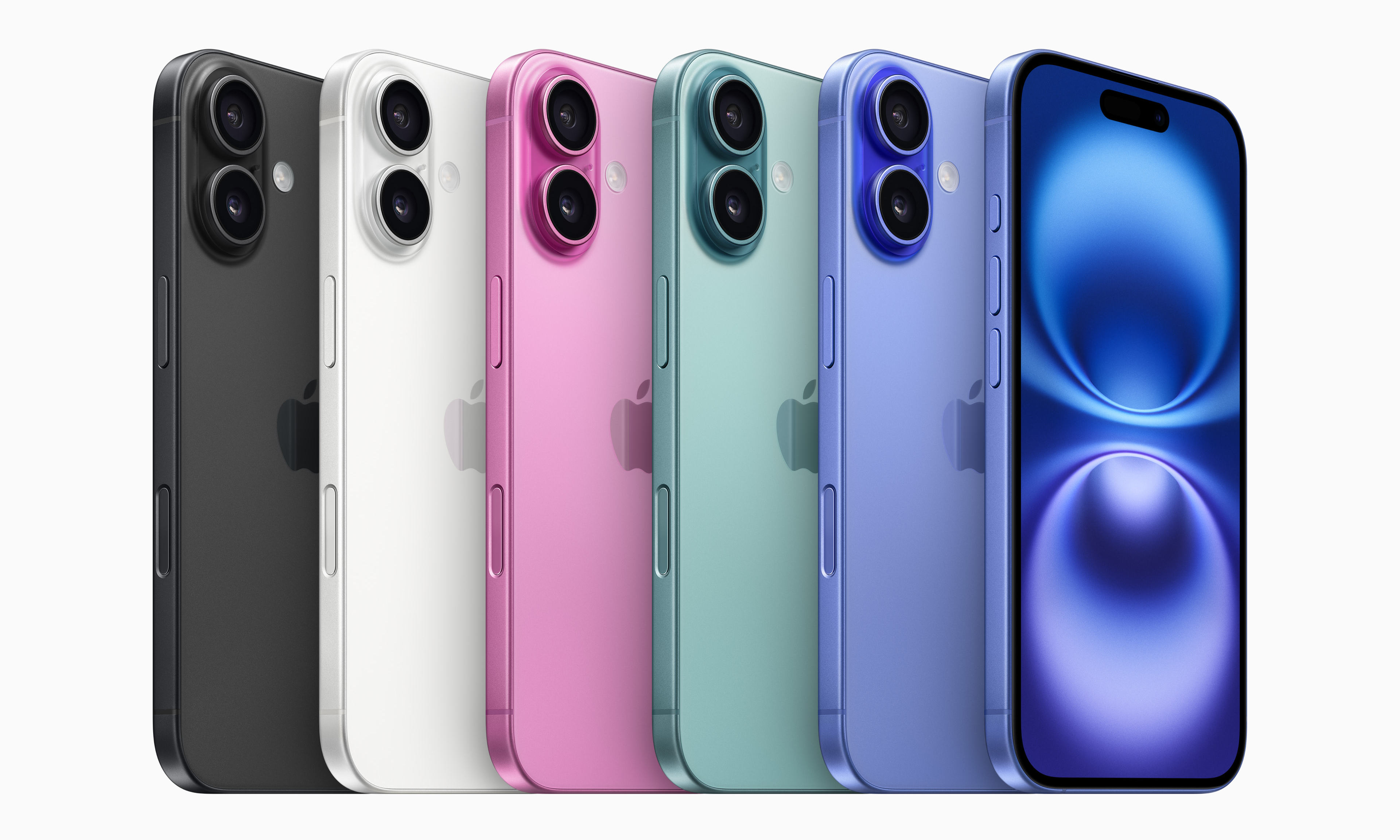
(Image source: Apple)
Barclays also noted that the shortened delivery dates for the iPhone 16 series indicate weakening demand for Apple's new devices. The main reason for this situation is the lack of attractive new features and an AI application ecosystem. Supply chain sources said that smartphones need to be redesigned to fit AI applications, but this process is not expected to be completed until 2026 or 2027.
In recent years, both the mobile phone and PC industries have been transforming towards AI, with an endless stream of AI-powered mobile phones and PCs emerging. However, the AI functions of almost all these products come across as mere gimmicks, and it's difficult to discern a significant difference from ordinary mobile phones and PCs. Why have AI features, which mobile phone manufacturers have high hopes for, not yet become the core competitiveness of new devices and attract existing users to upgrade?
AI mobile phones: Functionality and experience are two different things
Faced with lower-than-expected sales of the iPhone 16 series, Citibank believes the issue lies in the fact that the series' main feature, Apple Intelligence, has not yet been launched. On October 28, when Apple Intelligence goes live, along with major updates to Siri next year, and the launch of the iPhone 17 series, it is expected to attract a large number of iPhone users to upgrade.
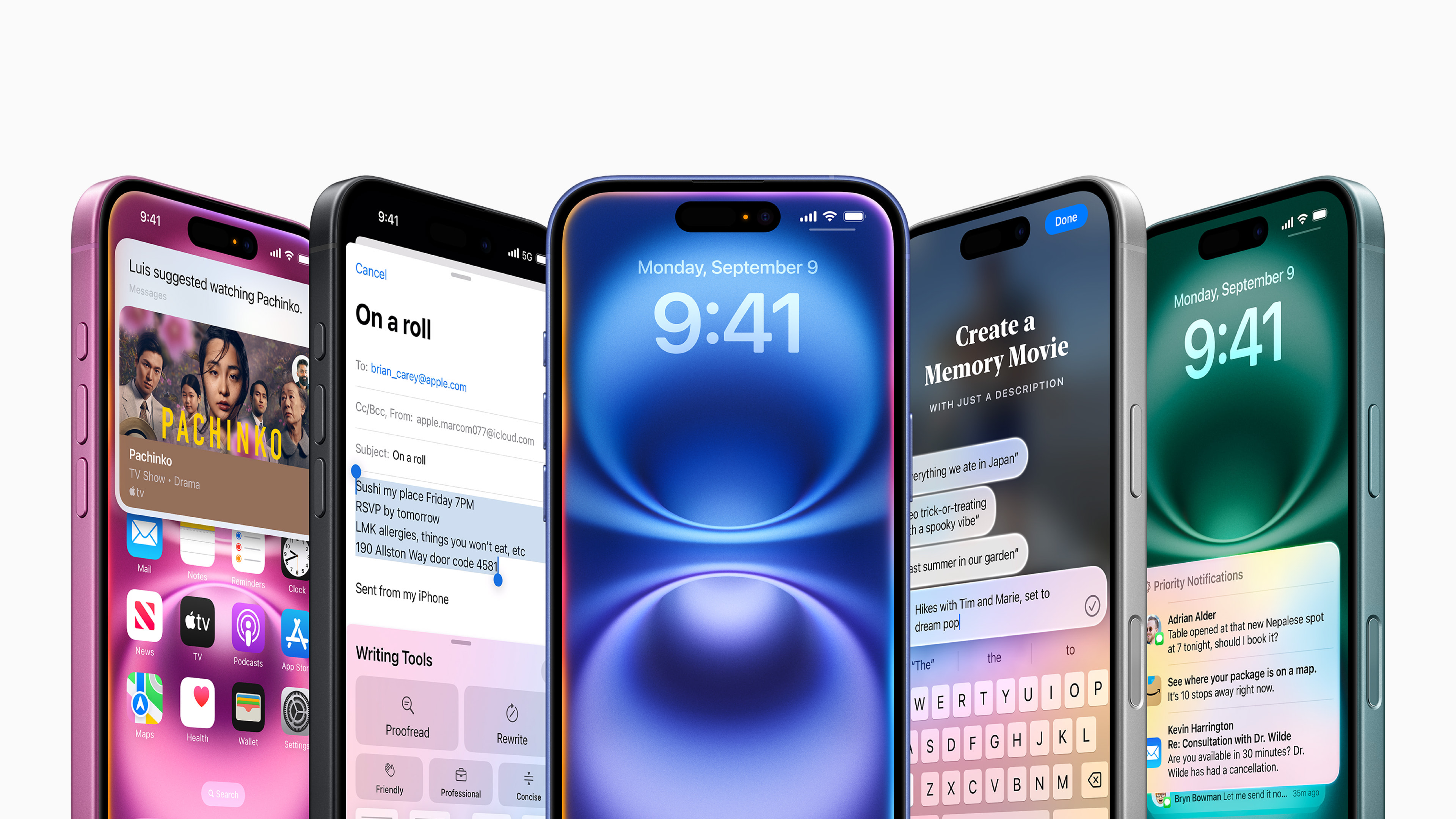
(Image source: Apple)
However, these analysis institutions and mobile phone and PC manufacturers who promote AI features as their headline selling point have overlooked a fundamental issue—at this stage, the AI experience has little to do with the device's AI performance and functions.
In recent years, many mobile phone manufacturers have advertised their built-in AI applications for tasks such as extracting text from documents, generating images, creative writing, and coding. The problem is that these functions are all implemented in the cloud, not on the mobile phone itself. Flagship devices priced at five or six thousand yuan can perform these tasks just as well as mid-to-low-end models priced at one or two thousand yuan.
Even if a mobile phone does not provide relevant AI applications, these functions can still be achieved through third-party AI services like ChatGPT, Bard (overseas), and domestic options like Doubao, ERNIE Bot, and iFLYTEK Spark at the application or web level. I often use AI applications to extract the main points of articles or generate images to accompany them.
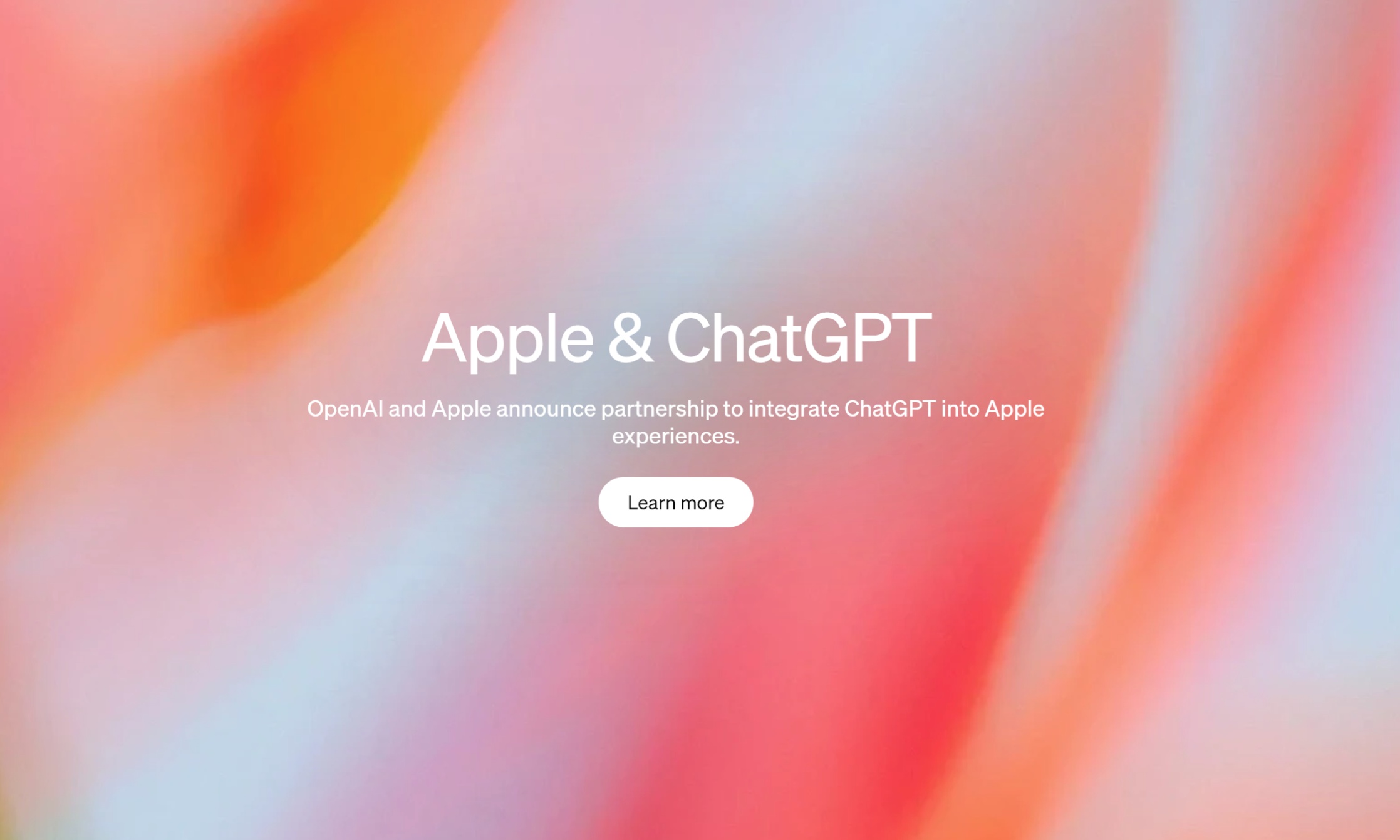
(Image source: OpenAI)
Whether it's generating images, text, or assisting users in coding, since these functions can all be achieved in the cloud and there are many apps available, it is difficult for mobile phones to differentiate themselves from competitors through AI functions. Naturally, it is easy for consumers to view them as mere gimmicks.
Apple Intelligence, set to launch on October 28, supports eight major functions, including AI understanding, AI summarization, article summarization/rewriting/generation, AI responses, AI recognition, AI filtering, AI transcription, and AI assistance. Most of these functions can also be achieved using third-party applications. Relying solely on these commonly supported AI functions, the iPhone 16 series struggles to offer unique selling points, and its impact on sales is likely to be limited. Apple needs to continuously add more functions to Apple Intelligence.
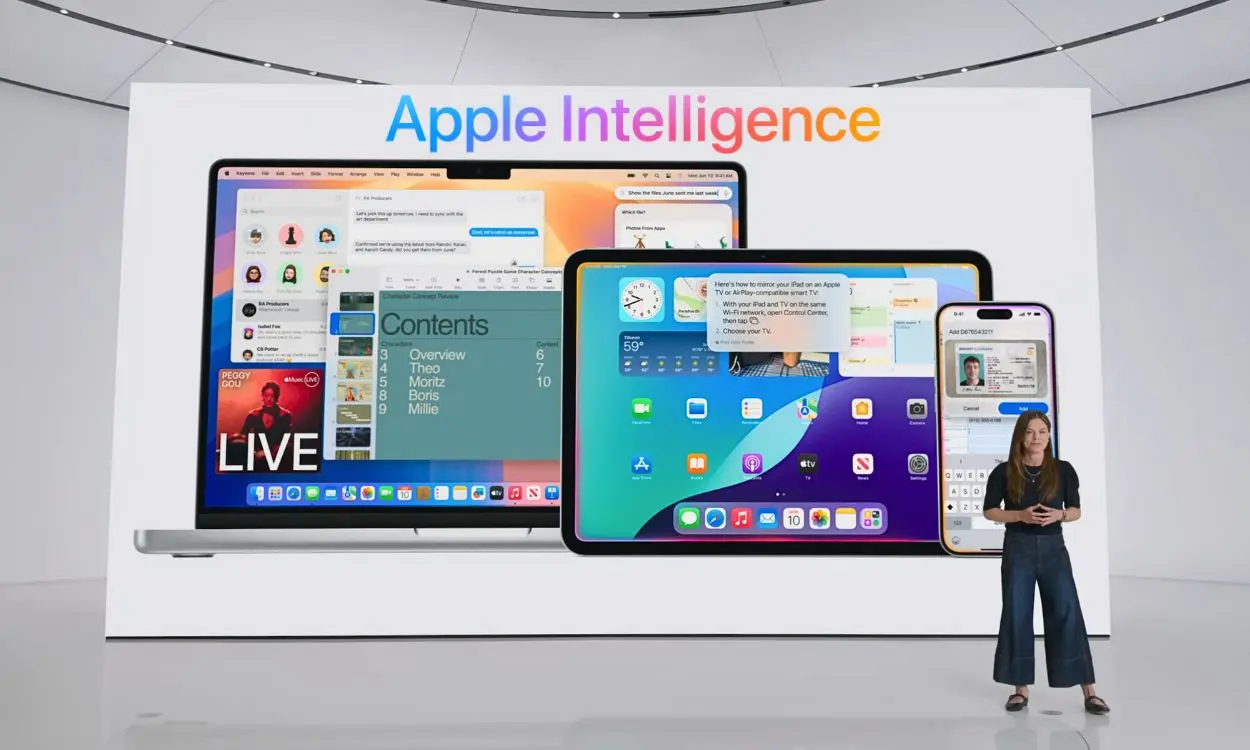
(Image source: Apple)
For this reason, mobile phone manufacturers are looking for breakthroughs and have successively proposed directions such as edge AI and AI agents. Companies like OPPO and Honor have launched flagship devices equipped with 7 billion-parameter edge models. At the recent International Funkausstellung Berlin (IFA 2024), Honor demonstrated the features of its AI agent and announced that it would debut on the Magic 7 series.
AI in mobile phones is not a gimmick, but the ecosystem and functional characteristics need further improvement, and the development direction requires gradual exploration by companies. The upcoming prevalence and effectiveness of edge AI and AI agents may present an opportunity for the rise of AI-powered mobile phones.
The hope for AI mobile phones: edge AI and AI agents
Compared to cloud-based AI, edge AI has two main advantages. First, it has shorter interaction delays and is not affected by network fluctuations. Second, data is processed on the edge, effectively protecting user information security. When major mobile phone manufacturers introduce edge AI, they emphasize data security and the ability of edge AI to generate large models based on user usage habits, creating AI assistants that better align with user preferences and facilitate task processing.
Of course, edge AI also has its disadvantages. Mobile devices have limited computing power, making them suitable for handling real-time, interactive, and low-performance inference tasks but less capable of handling high-performance training tasks and some inference tasks. The vast number of parameters and energy consumption issues are also key factors hindering the development of edge AI.
Without sacrificing performance and functionality, Apple's Apple On-Device large model compresses the number of parameters to 3 billion, while Google DeepMind's Gemma 2 2B compresses them to 2.6 billion, further optimizing resource utilization and improving operational efficiency.
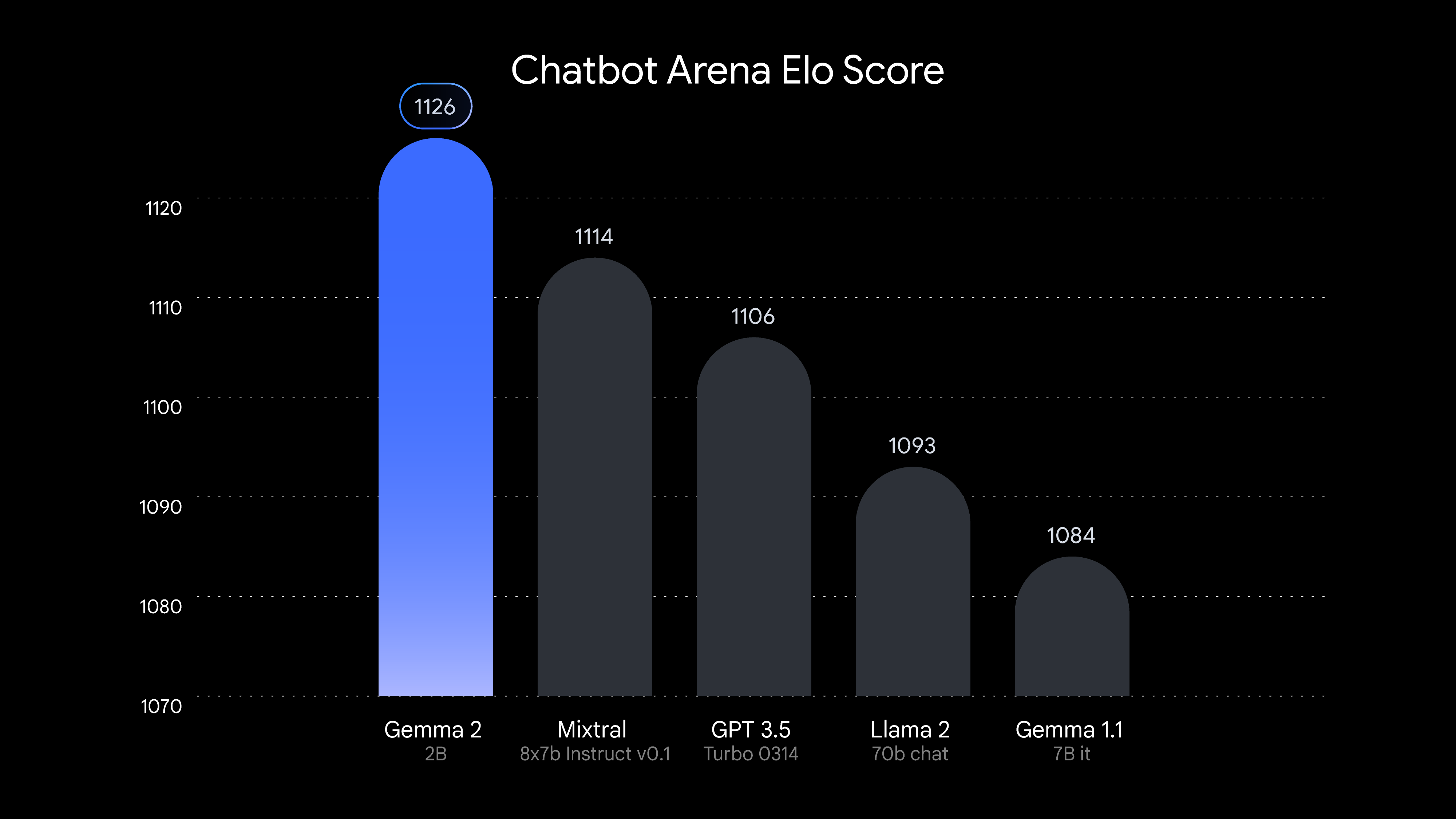
(Image source: Google)
The enhanced AI computing power of Apple's A-series chips and Qualcomm Snapdragon chips lays the foundation for the development and advancement of edge AI. Chip AI performance and edge AI development support each other, with the former providing the performance foundation and the latter offering a space for innovation. Only when the latter's functionality improves can the former's potential be fully realized.
An AI agent is the target form of edge AI, allowing users to simply give instructions, and the AI agent can independently think and execute the required operations without the need for users to issue operational instructions at every step. At IFA 2024, Honor demonstrated the AI agent's ability to turn off automatic renewal with a single tap. The auto-renewal button is often buried in four or five levels of menus, making it difficult for users to find. However, Honor's AI agent can intelligently assist users in turning it off with a single voice command, showcasing the power of AI agents.
At Apple's Worldwide Developers Conference in June this year, the company emphasized that the new version of Siri will have screen-aware capabilities, understanding the content users are browsing and providing relevant operational suggestions. It will also integrate deeply with third-party apps to facilitate user operations. From the focus of Honor and Apple's AI features, it is evident that deeply interpreting user instructions and cross-app operations will be essential capabilities for future mobile AI.
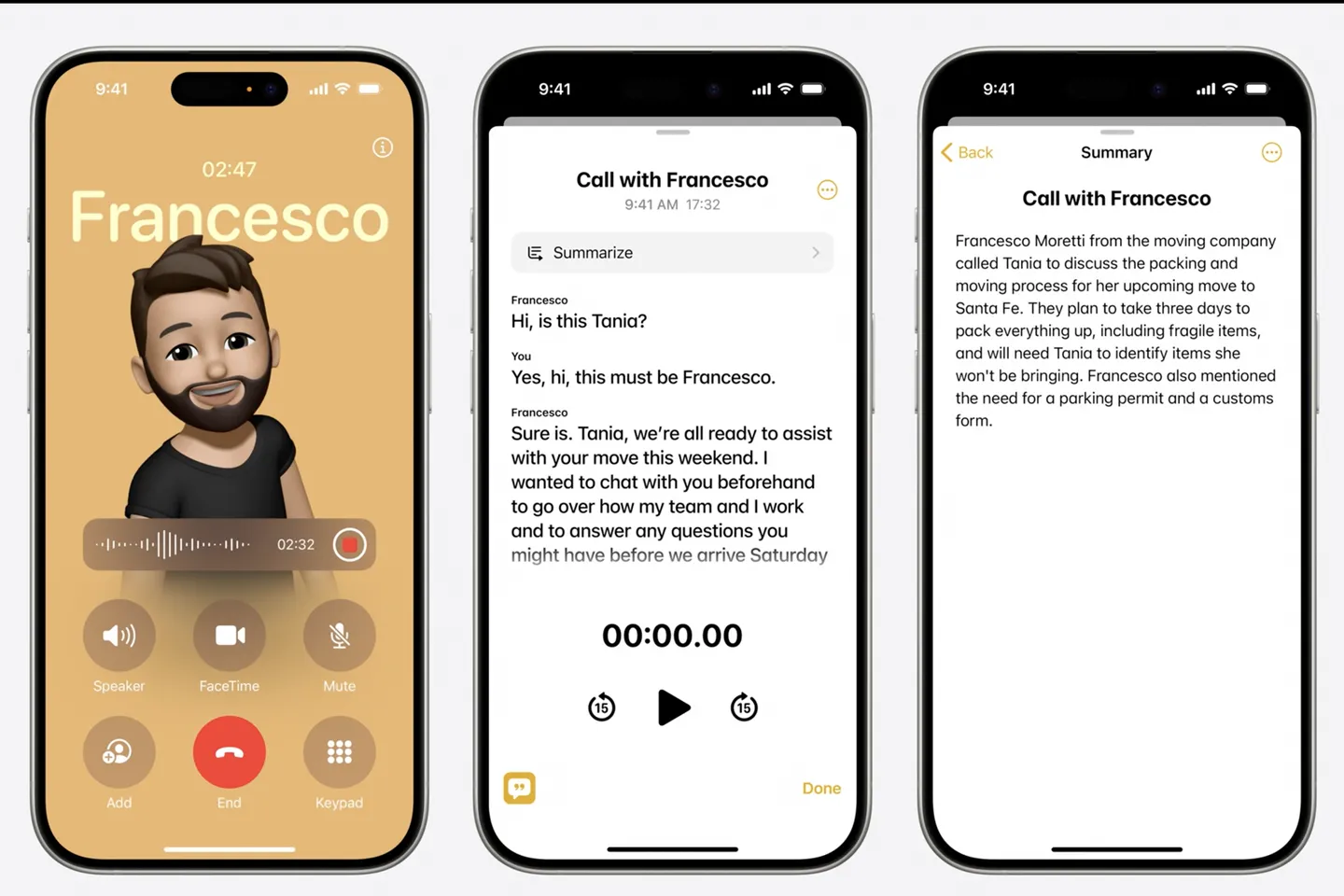
(Image source: Apple)
Understanding user instructions is the basis for AI to complete complex operations, while achieving cross-app operations is the key to enhancing the user experience. In the relatively simple automotive industry, some automakers have already achieved "see and speak anywhere" functionality, allowing users to select or operate options displayed on the screen through voice commands.
Honor has taken this a step further, enabling users to directly operate options in four or five-level menus through voice commands. However, considering the large number and complexity of mobile apps, it is likely that only a select few apps deeply integrated with mobile phone manufacturers will initially support arbitrary voice command control.
At this stage, there is little difference in the experience offered by mobile AI functions and apps. However, the progress of mobile AI is clearly visible. The two directions of edge AI and AI agents address the pain points of privacy and showcase the boundless possibilities of mobile AI.
The acceleration of AI mobile phones: Science fiction is becoming a reality
Characters like MOSS from "The Wandering Earth" and JARVIS from "Iron Man" are reliable helpers that can assist us in many tasks, embodying humanity's fantasies and expectations for AI. According to @ Digital chat station , Honor's Magic 7 series has the internal code name "Iron Man," and its iteration direction is akin to JARVIS. The AI from science fiction films is gradually entering the real world.
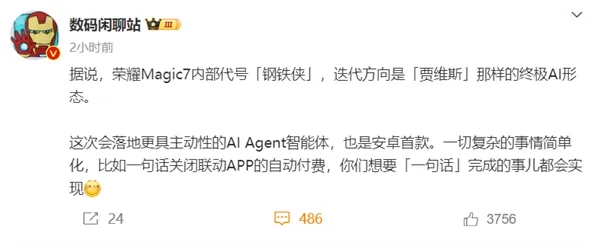
(Image source: Weibo)
Although AI functions cannot yet serve as the core competitiveness of mobile phones, we can see the progress of mobile AI functions from edge AI to AI agents. However, as supply chain sources have noted, smartphone hardware needs to be improved to fit the application ecosystem of the AI era. The progress of the AI industry requires the joint efforts of the supply chain and mobile phone manufacturers. Consumers can only wait and support AI products with their wallets.
From the previewed functions of Apple Intelligence and Honor's AI agent, we can foresee the future enhancement of the mobile phone experience through AI. More importantly, these cross-app operations and the ability to invoke AI anytime, anywhere, are difficult to achieve with third-party AI applications. They can become the core competitiveness of future flagship mobile phones and drive sales growth. iPhone also has the opportunity to achieve sales growth with Apple Intelligence.
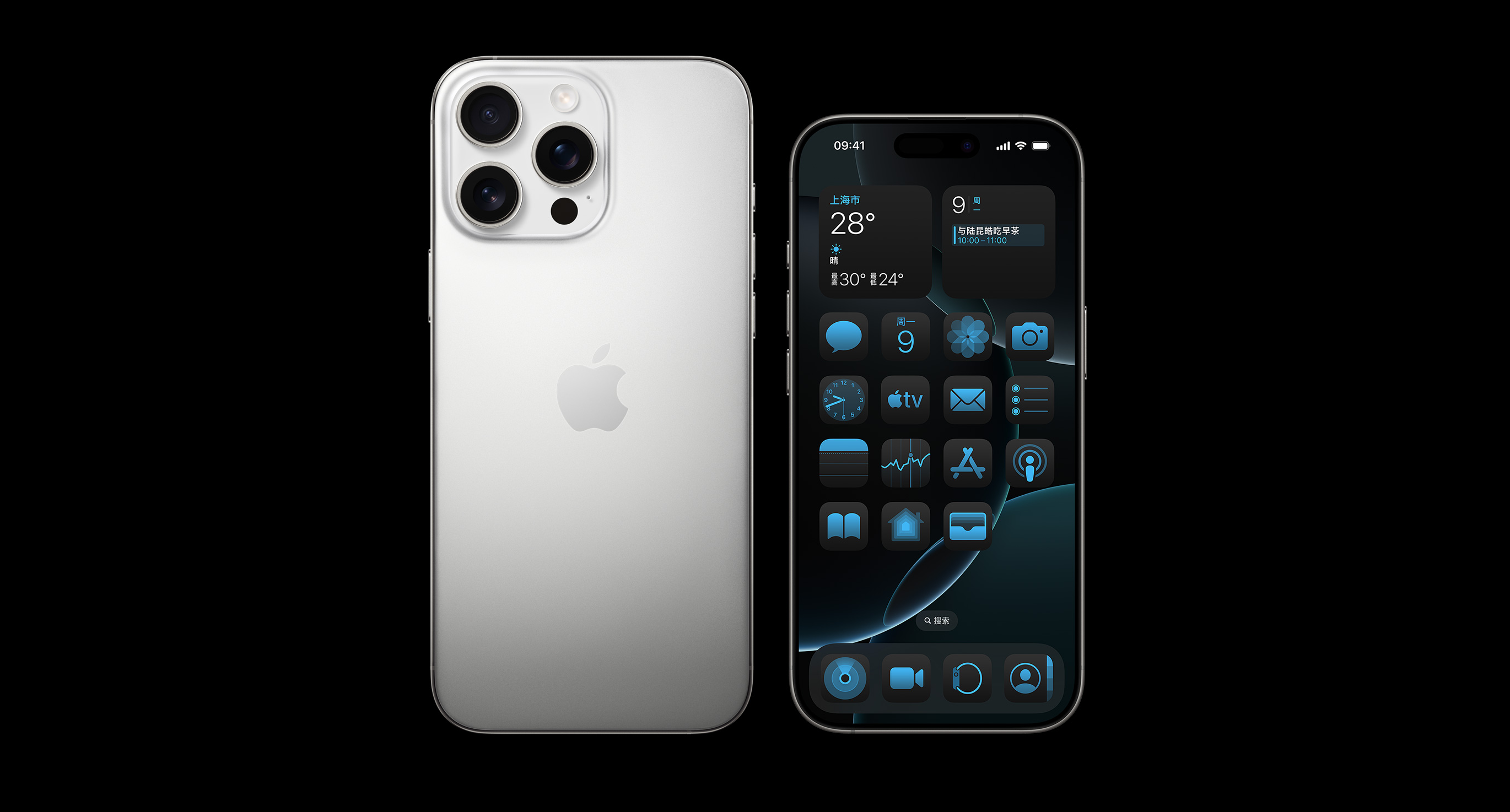
(Image source: Apple)
Apple, Qualcomm, and other mobile phone manufacturers have not fully invested in AI for too long. The iPhone 16 series is Apple's first mobile phone developed specifically for Apple Intelligence. It is expected that by around 2026, global mobile phone AI technology will mature, at which point AI agents will be able to understand human natural language and complete deep-level cross-app operations.
The concept of AI was first proposed in 1956, nearly 70 years ago. Hardware and software technologies have gradually improved, and mobile phones, which are closely related to daily life, are about to become the best carrier for AI. From feature phones to smartphones and now to AI-powered mobile phones, the mobile phone industry is entering a new era. Considering the high level of consolidation in the mobile phone industry, it is unlikely that new giants will emerge, but individual brands may fall behind.
In October, MediaTek and Qualcomm will successively launch new flagship chips, and the new generation of Android flagship mobile phones will gradually emerge. AI is undoubtedly the focus of new product competition. Challenges and opportunities lie ahead for all mobile phone manufacturers, and a competition is gradually unfolding, testing the strength of manufacturers.
Source: Lei Tech





